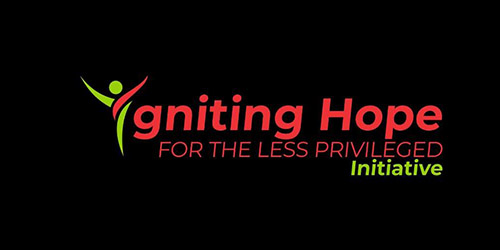PERIOD POVERTY IN RURAL COMMUNITIES
A girl child does not choose her gender, so also the responsibility and challenges that comes with womanhood.
One of such responsibility is motherhood. This starts form the moment a girl gets to puberty and she starts experiencing the compulsory monthly menstruation.
Girls in the rural communities are at risk of infections and diseases arising from lack of proper menstrual hygiene. Because of the several myths surrounding menstruation in the rural communities, so many girls/women are facing a lot of challenges ranging from the availability of good menstrual materials, to infections that could affect their fertility if not properly treated, seclusion from social gathering like school and church, lack of clean water and soap which are major essentials for proper menstrual hygiene.
There are communities in the Northern Nigeria where a girl/ woman will dig a hole in the ground and sit there for hours while seeing her monthly period, some use leaves while others use unhygienic clothes for menstruation.
So many of the girls in the rural communities have no education at all about menstruation and so they are introduced to womanhood by surprise.
We have girls who go to school without pants because they do not have them. How will such girls cope when they start to see their monthly period.
The stigma and shame that accompanied a girl who gets stained with menstruation blood in the school has kept so many girls away from school because they do not have proper education on menstruation.
In some communities, girls have confessed to having to sleep with men for money to buy Sanitary Pad. Pads are essentials and many girls/ women cannot afford it because of the poverty level in the rural communities. Lack of cleans water is also a major problem they face.
Igniting Hope For The Less Privilege Initiative took it upon herself with the partnership some organizations to reach girls in public schools and street market women with Free pads and menstrual hygiene lectures. We also started a pad bank for each of the schools visited to help solve the problem of lack of pad to girls whose period comes unannounced.
We took time to lecture them and answer all their burning questions on menstruation, and also gave them 5 simple menstrual hygiene tips laminated cards. It was discovered during our outreach that menstrual hygiene lecture and free pad distribution should not be done only on May 28 Menstrual Hygiene Day only but must be a regular events in the rural communities and schools.
All Categories
+2349022111212
contact@ ignitinghopeinitiative .com
